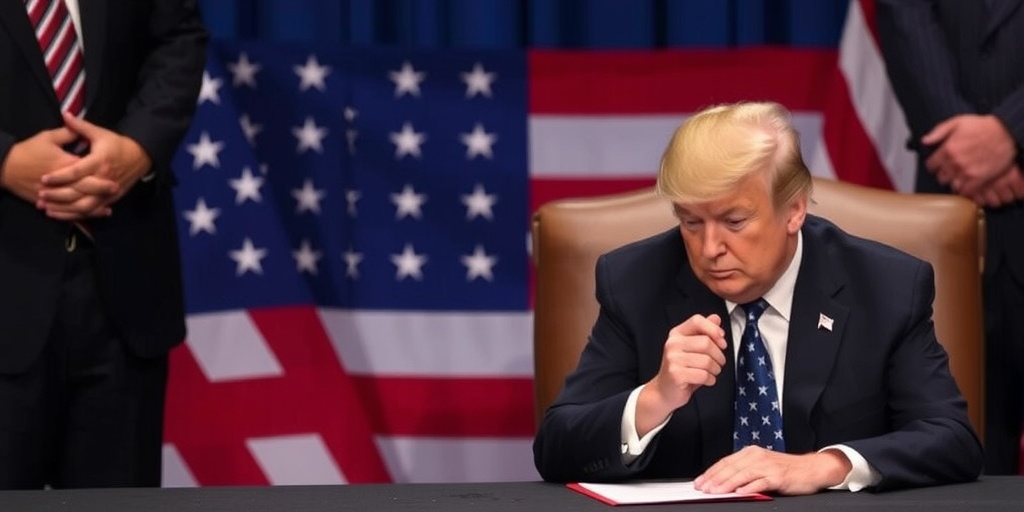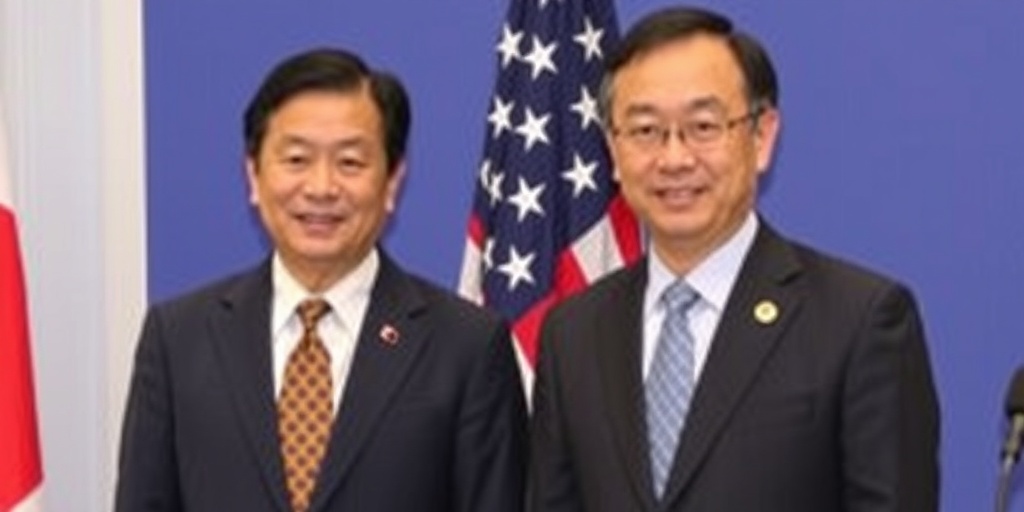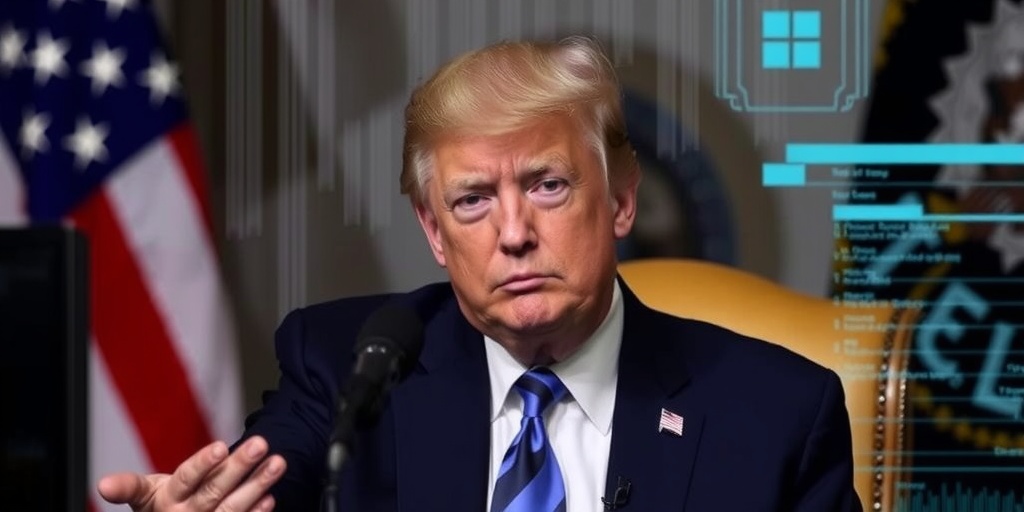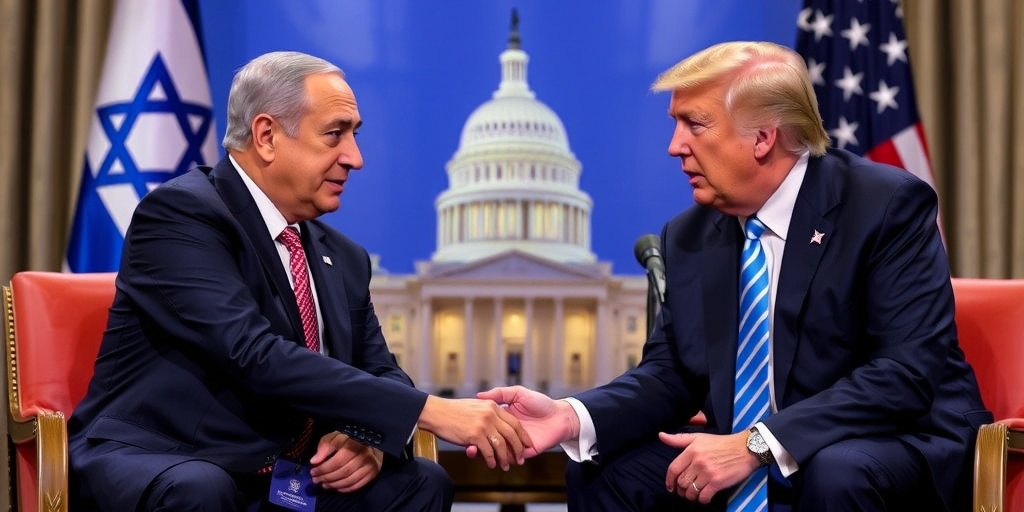Now Reading: NSA Chief’s Dismissal Shakes Lawmakers
-
01
NSA Chief’s Dismissal Shakes Lawmakers
NSA Chief’s Dismissal Shakes Lawmakers
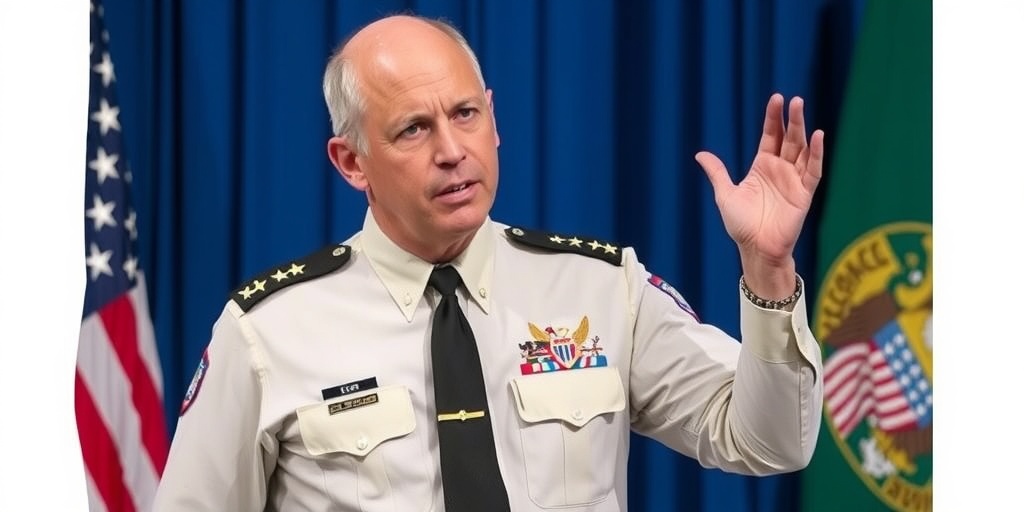
Title: Controversial Dismissal: General Timothy H. Haugh Ousted from NSA Following Allegations of Disloyalty
In a surprising turn of events, President Trump has terminated General Timothy D. Haugh, head of the National Security Agency (NSA) and U.S. Cyber Command. This dismissal has sparked a flurry of speculation among current and former administration officials, who have begun to discuss the motives behind such a significant decision.
Initial theories centered around the idea that General Haugh may have opposed one of Trump’s initiatives or that he was removed for not acting decisively enough to eliminate officers responsible for diversity programs within the NSA. Others speculated that his ouster was merely a consequence of the administration’s changing focus towards counter-narcotics efforts. However, it appears these theories may distract from the true reason behind the general’s dismissal.
Reports indicate that General Haugh’s termination was predominantly influenced by Laura Loomer, a far-right conspiracy theorist and self-proclaimed adviser to Trump. Loomer accused Haugh and his deputy of being disloyal, a claim that ultimately propelled the president to act upon her recommendations. Haugh was one among several national security officials who were dismissed following Loomer’s advisory.
“This is not about policy differences. Laura Loomer said it, and that’s what led to Trump’s decision,” stated Senator Angus King, a Maine independent who is a member of both the intelligence and armed services committees. The assertion denotes a troubling reality: the involvement of individuals lacking substantive expertise in national security is shaping critical decisions within the administration.
Senator Mitch McConnell, the former majority leader from Kentucky, expressed concern about the implications of General Haugh’s dismissal. He criticized the trend of appointing individuals to high-ranking Pentagon positions who exhibit skepticism towards the United States’ engagements with international allies and affairs. “If decades of experience in uniform isn’t sufficient to lead the NSA, and amateur isolationists are filling senior positions, what exactly are the criteria for working on this administration’s national security staff?” McConnell questioned.
The criteria Loomer seems to employ to identify “disloyal” officials hinge on their connections with critics of the Trump administration. Loomer openly criticized General Haugh for being appointed by General Mark Milley, the former chairman of the Joint Chiefs of Staff, whom she labeled a “traitor.” Furthermore, she claimed that Haugh’s deputy, Wendy Noble, had ties to James Clapper, a former director of national intelligence and vocal critic of Trump.
Representative Jim Himes, the Democratic leader on the House intelligence committee, addressed his experiences working alongside General Haugh, asserting that he saw no signs of disloyalty or incompetence. “I am deeply concerned that we are witnessing the whimsical decisions stemming from the ‘Laura Loomer circus,’” Himes remarked, reflecting the growing unrest regarding the implications of political interference in national security matters.
Himes emphasized the necessity of having detail-oriented leadership at the NSA and highlighted concerns that General Haugh’s removal could lead to detrimental policy shifts. The concern is not only about personnel changes but also the structure of leadership within critical departments like NSA and Cyber Command. Traditionally, the head of NSA also leads Cyber Command, fostering coordination between intelligence gathering and defensive operations. However, some within the Trump administration are advocating for the separation of these roles.
Such a division could potentially allow a military officer to oversee Cyber Command, while a civilian could lead the NSA. Advocates of this separation argue it could bring more civilian oversight to one of the most significant intelligence agencies. However, those like Himes warn that such a move might diminish the effectiveness of national security due to the reduced coordination between the two entities.
While some Trump administration officials have criticized NSA’s extensive powers to intercept international communications, including those involving American citizens, Himes reaffirmed his support for maintaining the current structure. He expressed concern over the irrational cuts being enacted by the Trump administration, which he believes undermines the agency’s efficacy and jeopardizes national security.
Amidst the political turmoil, with accusations flying about personal loyalties and motivations, figures like Senator King highlight the more substantial risks at stake. “Our country is under attack in cyberspace, yet the president has removed our chief general from the field on the whim of someone with no real understanding of national security or the implications of this action,” he concluded.
As the fallout from General Haugh’s dismissal continues to unfold, it raises critical questions about the extent to which personal politics are interfering with vital national security operations, leaving many officials worried about the future of American cybersecurity and defense strategies.
Stay Informed With the Latest & Most Important News
Previous Post
Next Post
-
 01New technology breakthrough has everyone talking right now
01New technology breakthrough has everyone talking right now -
 02Unbelievable life hack everyone needs to try today
02Unbelievable life hack everyone needs to try today -
 03Fascinating discovery found buried deep beneath the ocean
03Fascinating discovery found buried deep beneath the ocean -
 04Man invents genius device that solves everyday problems
04Man invents genius device that solves everyday problems -
 05Shocking discovery that changes what we know forever
05Shocking discovery that changes what we know forever -
 06Internet goes wild over celebrity’s unexpected fashion choice
06Internet goes wild over celebrity’s unexpected fashion choice -
 07Rare animal sighting stuns scientists and wildlife lovers
07Rare animal sighting stuns scientists and wildlife lovers













